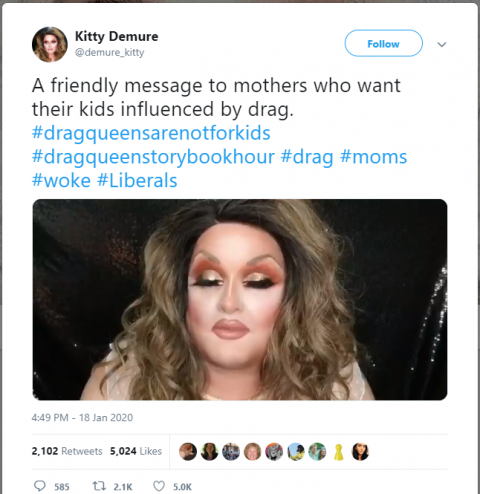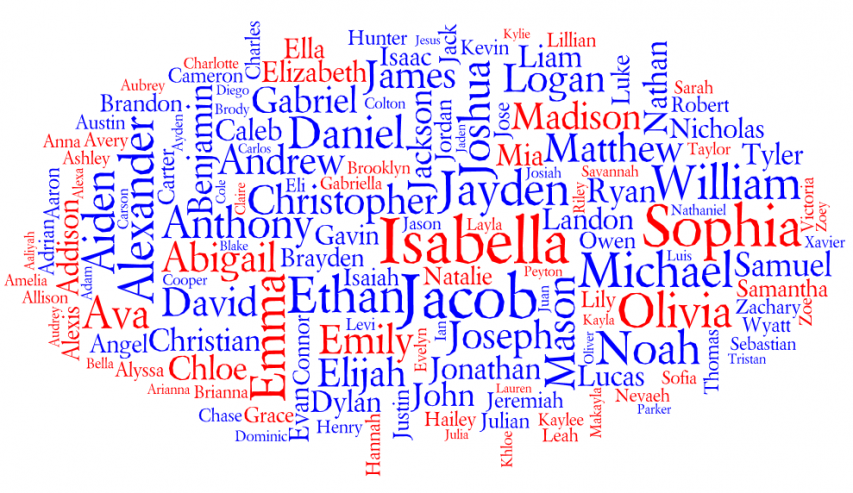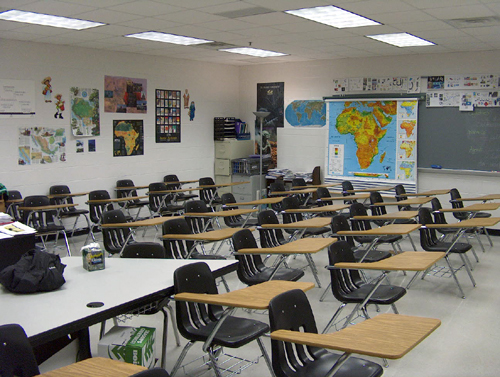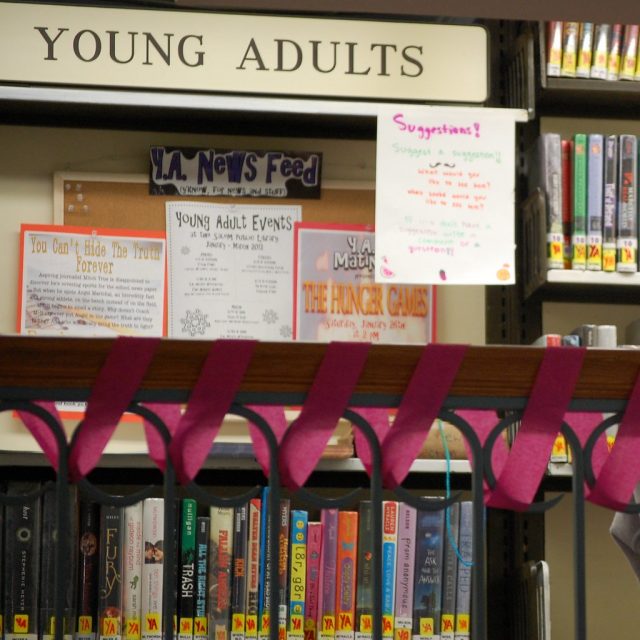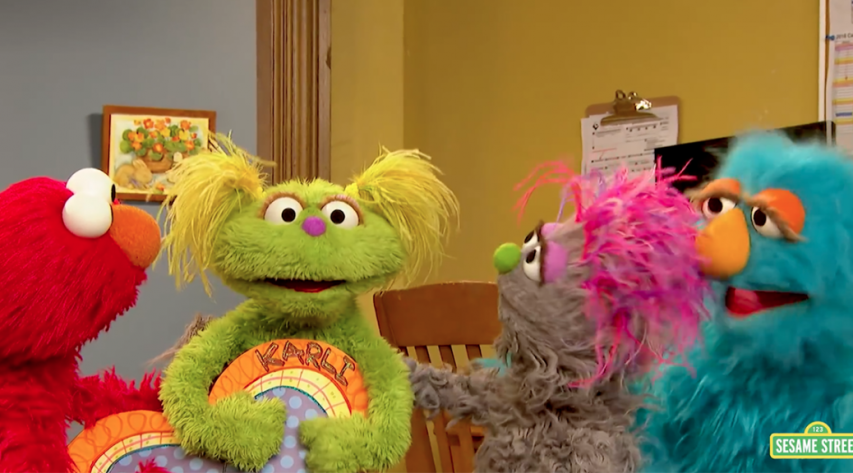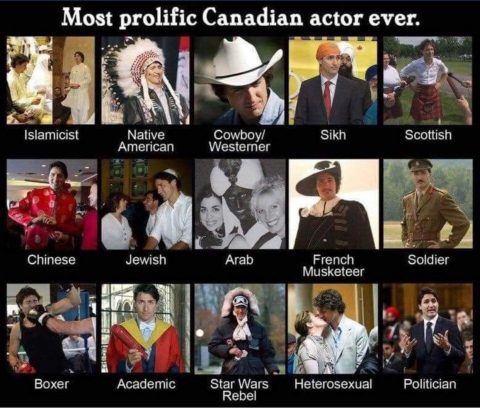Chris Selley talks about the differences between Canadian official bilingual opinion and reality for Canadian students:
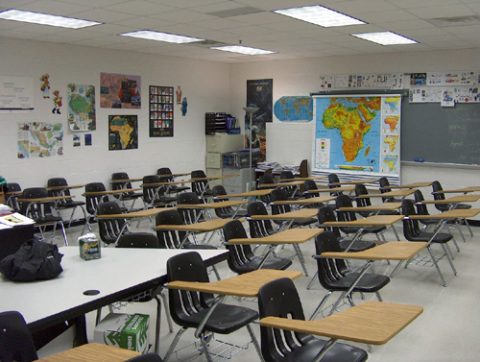
Inevitably in these discussions, however, someone dares mention the unspeakable truth: that when it comes to bilingualism, not all Canadians are born equal. Conservative MP and possible leadership candidate Michelle Rempel Garner suggested bilingualism was a matter of “privilege” — “either financially, access to education, or time required.” And the National Post‘s Alberta correspondent, Tyler Dawson, ventured that in most of the country, “it’s nearly impossible to finish high school fluent in French and English.”
These perfectly axiomatic observations produced the standard anecdote-laden blowback. Author and journalist Chris Turner boasted of his “fully bilingual” 14-year-old daughter, the beneficiary of “a public immersion program in Calgary, which is maybe Canada’s least French city.” Former Parliament Hill reporter Rosemary Thompson claimed “there are many options in the public school system for French” in “rural Alberta.” Shannon Phillips, the Alberta NDP’s finance critic, claimed “there is French-language education of high quality almost everywhere in this country.”
It’s frankly bizarre that Canadians who think bilingualism is important could be this misinformed. The internet is full of studies, papers and op-eds from the Official Languages Commissioner, the Senate’s Standing Committee on Official Languages and the various chapters of Canadian Parents for French bemoaning widespread lack of access to French-as-a-second-language education.
The numbers back that up. Never mind graduating high school bilingual; the vast majority of Canadian students aren’t even studying it after elementary. In the 2017-18 school year, excepting Quebec and New Brunswick, just under 50 per cent of Canadian Grade 9 students were in either core French or French immersion programs. In Grade 10 that was down to 22 per cent; in Grade 11, 15 per cent; in Grade 12, eight per cent.
Where French classes are available, moreover, they are too often shoddy. A 2017 report from the Senate committee noted a study finding 78 per cent of teachers teaching core French in British Columbia “felt uncomfortable speaking French.” Why would parents waste their kids’ time with that, if competent instruction in Mandarin, Punjabi or Japanese were available down the hall? (French isn’t mandatory at any grade level in British Columbia.)
As for French immersion, demand vastly outstrips supply. Lotteries and waiting lists are de rigueur. The Senate report told of cases where parents “camp(ed) outside schools to enrol their child in French immersion programs (for) up to four days.” Most parents have to go to work.
Back in 2015, Aaron Hutchins covered this for Maclean’s:
French-English bilingualism rates may be on the decline in Canada, but when it comes to getting kids into French immersion programs — which have come to be seen by many as a free private school within the public school system — there is nothing, it seems, that a Canadian parent won’t do.
Alyvia is now in Grade 2 and loving French classes. But for every student who graduates from French immersion, there’s at least one other who has been bumped out of the program and put into an English-only stream that many deem inferior. Well-meaning parents may feel that French immersion is the answer for every child. In reality, it has become an elitist, overly restrictive system, geared to benefit a certain type of student.
[…]
“What a program like French immersion does is it siphons off those kids who have engaged families who make sure the kids do all their homework,” says Andrew Campbell, a Grade 5 teacher in Brantford, Ont. “Because of that, the opportunities in the rest of the system are affected because the modelling and interaction those kids would provide for the other kids in the system aren’t there anymore.”
The immersion program creates division along lines of gender, social class and special needs students, wrote a 2008 study from the Canadian Research Institute for Social Policy looking at French immersion in New Brunswick. Girls are more likely to be enrolled than boys and the French stream has fewer kids in need of extra help. All things being equal in New Brunswick, every class — French or English — should have 3.4 students with special needs. But when a school offered French immersion, the average number of special needs students ending up in the English stream was 5.7. This kind of segregation is not unique to that province.
The richer the family, the more likely their kids will be immersed in French, according to figures from a Toronto District School Board study. In 2009-10, 23 per cent of all French immersion students came from families in the top 10 per cent of income. Meanwhile, only four per cent of French immersion students came from the bottom 10 per cent of family income.
“The program is open to lots of people, but it gets whittled down,” says Nancy Wise, a French immersion educational consultant and former special education teacher in the York region, just outside Toronto. “If you can’t cut it, you probably fall into one of these categories: [you’re a] new Canadian, this is your third language, you’ve got some learning challenges, or there’s a socio-economic factor. They jump on it in the schools and show them the door — and it’s just not right.”



